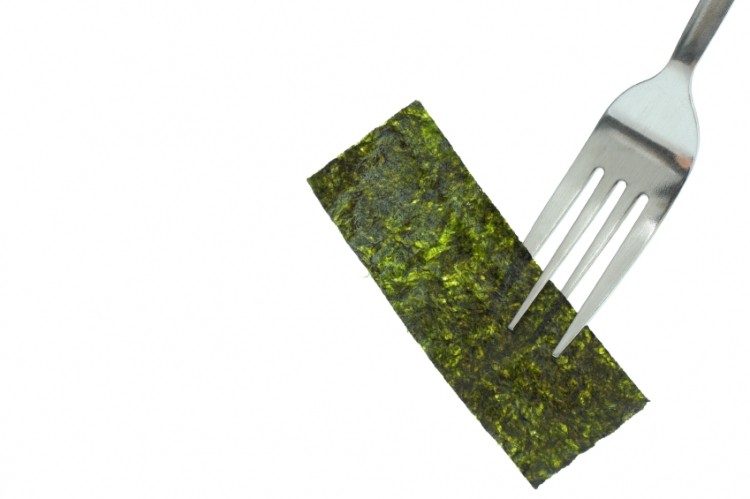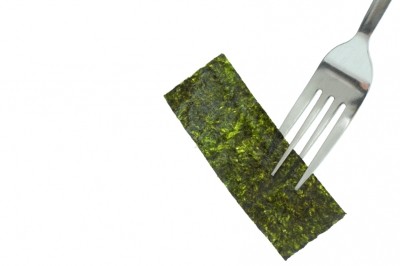SPECIAL EDITION: 25 YEARS OF FUNCTIONAL FOODS
Novel marine ingredients: Functional is better where it is wetter

Omega-3 oils, chitosan, chitosan oligosaccharides and glucosamine, carotenoids and xanthophylls, enzymes, protein hydrolysates, algal phenolics and carbohydrates and deep sea water. Researchers from the Memorial University of Newfoundland in Canada said these were just some marine resources that merited further attention as functional food ingredients.
“It has been reported that unexploited resources from the oceans offer many opportunities for future developments,” they wrote in the Current Opinion in Food Science. “So far, a limited number of bioactivities have been identified from isolated marine compounds and further research is needed to develop methods to apply them for human health promotion.”
This was also on the radar of researchers from the Pukyong National University in South Korean, who published a paper in the journal Food Research International on the prospect of marine microbial nutraceuticals pointing to things like ‘marine probiotics’. These physicochemical characteristics had been acquired as an “adaptation to prevailing extreme conditions in the marine environment”.
They said this was part of a progression away from the traditional definitions of functional foods as using ingredients derived from food or part of food, towards one that included non-food derived ingredients that were recognised as safe.
Ingredients under the sea
Honing in on microorganisms, the Korean researchers said: “These tiny microscopic organisms are the front line of the marine food chains and act as living lung for the planet by producing more than half of the world's oxygen.”
They discussed the potential of marine probiotics, referencing Lactobacillus paracasei, a stress resistant strain isolated from oyster that had been shown to be effective against fish pathogens. This held implications for the fish feed market, but also indirectly for human health due to the use of antibiotics in aquaculture and directly since probiotic lactic acid bacteria from the gastrointestinal tract of marine animals could hold antibiotic activity against human pathogens.
The tides against
However, challenges in this lay ahead. The Canadian researchers said more research was needed on potential adverse interactions of marine algae extracts and purified compounds with other food ingredients like proteins, carbohydrates and lipids as well as the possibility of the formation of toxic, allergenic or carcinogenic substances.
Meanwhile, the Korean researchers noted similar legal barriers in terms of safety, saying safety levels and standards for marine microbial strains remained largely undefined due to a lack of data. As a result many marine microbes, for example, were not ‘food grade’ and must seek straight regulatory approval or prove history of safe use before coming to market.
Advancements in technology, which had already made great steps in recent years, would be key in overcoming this as well as issues of cost of commercial production.
“Recent advances of biotechnology in the field of microbiology and marine science would overcome these hurdles soon. We predict that application of marine microorganism derived novel metabolites in modern nutraceutical and functional food with advanced health claims is not so far,” they concluded.
The Canadian researchers said new technologies and “efficient” collaborations between academia and industry would be important if the area were to progress.
Source: Current Opinion in Food Science
Vol. 2, pp. 123–129, doi:10.1016/j.cofs.2014.12.009
“Novel functional food ingredients from marine sources”
Authors:F. Shahidi and P. Ambigaipalan
Source: Food Research International
Vol. 56, pp. 115–125, doi:10.1016/j.foodres.2013.12.022
“Marine microorganisms: An emerging avenue in modern nutraceuticals and functional foods”
Authors: P. Dewapriya and S. Kim















